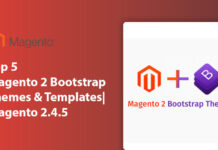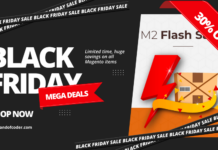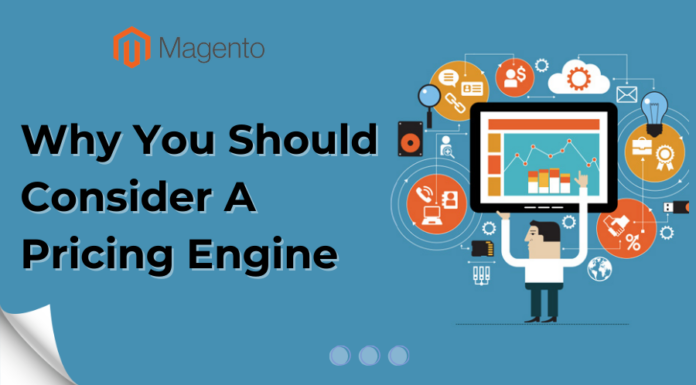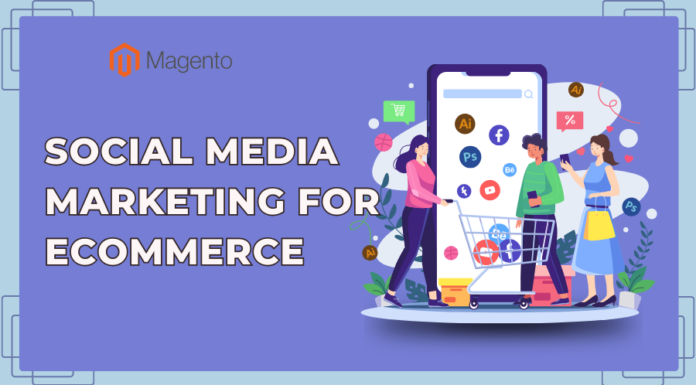
Wondering how to go about building an eCommerce store from scratch? We got you covered! Below, we’ll outline all the steps that are involved, including choosing the right hosting provider, picking your website theme, uploading products, and finally going live.
Table of Contents
Branding and logo design
It takes a lot for new businesses to convince consumers to buy their products and become loyal customers. Luckily, branding can help! Good branding boils down to creating a distinct company image that establishes a link between your business and your customers, making a lasting emotional connection.
The first step to establishing this connection is to have a memorable, unique logo. A logo does more than just putting a face to your business; it enhances product visibility, and it helps to foster brand loyalty.
Before you begin to make your logo, it’s important to look at other successful companies in your niche for logo ideas, so you can see which kinds of designs resonate with your target audience. Then, once you’re ready to get creating, you can hire a professional graphic or logo designer to do it for you. Alternatively, you can always use an online logo maker tool, which is a great option for online cash-strapped businesses, or those who are simply on a budget.
Exploring third-party options to host your site
A majority of new businesses lack the resources to create an online store from scratch. That’s where third-party eCommerce platforms come into the picture. Not only do they help to save time and money in making your web store stand out, but they also allow you to create your eCommerce store quickly. Some of the most popular choices for third-party service providers include:
Shopify – The household name for eCommerce platforms, Shopify is an easy and affordable solution. The platform is not only an excellent choice for any small or medium-size business, but it also caters to big players in the industry; some of their customers include GE, Red Bull, and Tesla, who all use Shopify to power their online presence.
BigCommerce – Working with a budget for your new web store, but still can’t afford to go short on options? Big Commerce may be the perfect answer. Extremely easy to use, Big Commerce includes a wide array of choices for product catalogs and shopping carts alike. As a bonus, it also has reasonably simple to understand reporting and analytics to help gauge how your web store has performed over time.
Magento –Magento is one of the largest third-party e-Commerce platforms used by a long line of retailers. Often looked at as a highly scalable, customizable option, Magento is a good fit for any seasoned business stepping into eCommerce. It’s also a good choice for businesses that can afford in-house developers, as it requires quite a bit of technical knowledge to harness the fullest potential of the platform.

A functional back and front end
Apart from its design, the success of a web store resides on the features that it offers for its customers. Therefore, coding is likely your next step for creating a successful eCommerce store.
Above all, appealing product pages coupled with easy-to-use checkout options are the most critical part of the process. No matter how beautiful your website design is, you should never design the navigation in a way that makes it difficult for buyers to select products and check out. Limit the process to two or three the steps in order to complete the transaction.
Also, keep tabs on the loading time for each page. Top ranking websites across Google typically take under three seconds to load. With more than 50 percent of individuals deciding to leave a site that takes a longer time to load, decreasing a site’s load time should be another significant aspect of focus during coding.
Determining your product categories
The better your products are categorized, the easier it becomes for a customer to locate them. No matter what you sell, users are always going to search for a specific product rather than a whole bunch of products at once. So, developing specific categories is crucial to driving success. Besides, an accurate product category will also help to enhance user experience and help your store rank highly across search engines.
A compelling About Us Page
Most visitors who are new to your site will choose to navigate to the “About Us” page to learn more about your company. This gives you the perfect opportunity to tell your story to the world and encourage customers to be part of your journey.
Your “About Us” copy should be clear and concise, and, more importantly, it should resonate with your target customers. Here’s a brief checklist of the perfect “About Us” copy for a web store that you can always refer to:
⦁ Include the values and principles that guide you to build or source your products
⦁ Mention your goals and milestones, if you have any
⦁ Clearly outline the solution that you provide through your web store
The Contact Page
Contact pages, no matter what, should always be friendly and easy to understand. Just include a phone number, address, and basic contact form for anyone who wants to reach out – that’s all you need! Make sure all contact form responses are directed to an email address that’s actively monitored. With time, as your website gains traction, the next best thing is to invest in an adequate customer support team to help and guide customers with purchase queries.
The steps mentioned above are pretty basic, but when implemented correctly, they’ll help you build a successful web store with as little frustration as possible. If you follow the steps, it’ll save you hours of work in the long run, and you’ll eventually see a large ROI on the investment of setting up your eCommerce store.











![[SALE OFF] Discount 30% All Premium Extensions On Christmas And New Year 2025 christmas-and-new-year-2025](https://landofcoder.b-cdn.net/wp-content/uploads/2024/12/christmas-and-new-year-2025-1-218x150.png)






